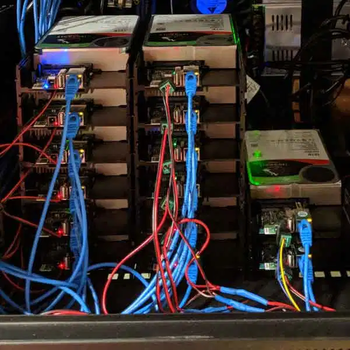We are still actively working on the spam issue.
Home Server/Single Board Computers
For simple home server use, such as a file server or single user direct play PLEX server, these options might be an appealing and inexpensive and energy efficient option for your home server. Expect performance issues if you try to scale though, and don't expect to be able to run multiple virtual machines or do heavy transcoding, you don't have many options for expansion and little to no options for upgrading either. Forget a hardware RAID card or having any SATA ports at all. You likely won't be able to add much more ram, and definitely won't be able to increase processing power unless you go the clustering route and purchase multiple units. If your use case is compute intensive or would require expansion cards (like a GPU for example) SBCs are likely not a good option.
If you decide to go with an ARM-based board be aware that some software will not work because it is only available for x86-based CPUs. The reason is usually that the software is proprietary and was only ever released for x86. Among ARM-based SBCs the Raspberry Pi has by far the best software support as it has the largest userbase.
Connecting hard drives via USB docks may have some performance impact. Use USB 3 where possible and don't attach too many drives to a single port.
- Raspberry Pi
- Rpi4 recommended - Better Ethernet and more powerful than the 3b.
- Odroid
- Odroid N2+ recommended
- Ondroid HC4 storage server - Cheap two drive system
- Odroid HC2 is an option - if you don't mind dipping your toes into distributed systems.
- NanoPi
- NanoPi M4V2 More expensive than a Rpi4 but more powerful hardware with the option to install a x4 SATA HAT.
- Intel NUC
- Search your NUC here for more information on it
NUCs have significantly more power than a SBC, and are exclusively Intel-based. They run the gamut from small celerons to some of Intel's most powerful mobile chipsets. Very feature-rich, most all of them will include quicksync features for transcoding, and have some amount of expansion capabilities (adding/changing ram, additional SSD in some cases). NUCs will also be significantly more expensive than the above listed SBCs.
